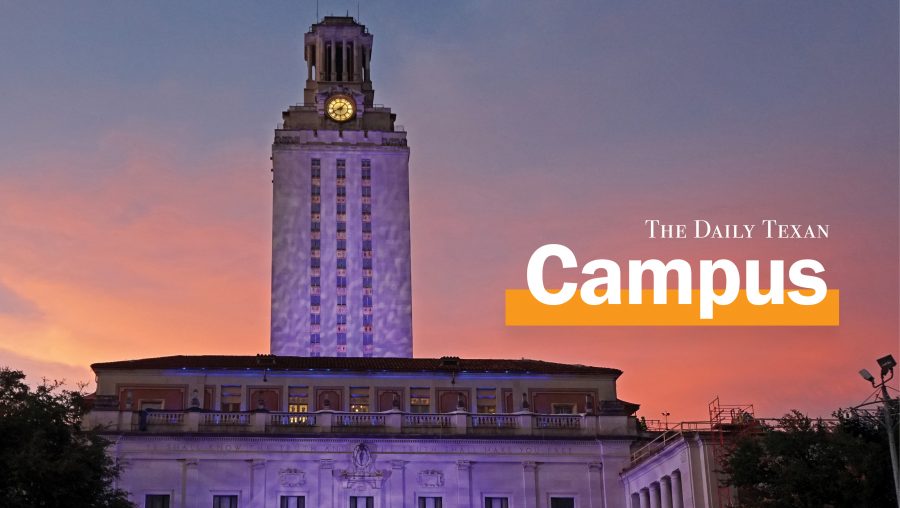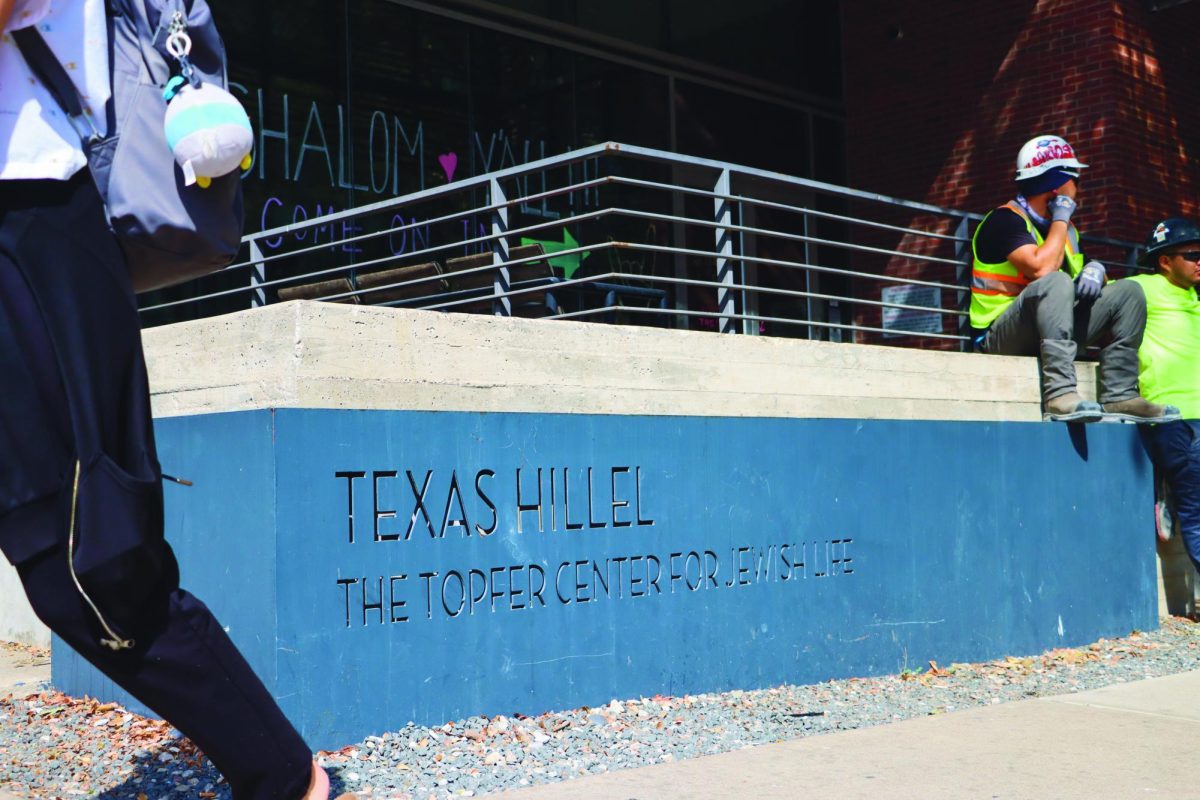The University of Texas at Austin’s Title IX Office received 508 total reports of sexual misconduct, sexual harassment and sex discrimination during the 2017–18 academic year, up from 445 reports the previous academic year. The majority of complainants were from students.
Of the 508 reports, 105 were made in August, September and October, during the “red zone,” or the time at the beginning of the school year when a disproportionate number of campus sexual assaults take place. The Department of Justice has identified this period as the stretch of time when a student is more likely to be assaulted than at any other point in his or her college career.
Student body president Colton Becker said Student Government focused its sexual assault awareness efforts on OU weekend in October because the weekend posed a significant risk.
“We spearheaded a coordinated effort to educate students about consent and sexual violence,” Becker said. “In the past, there have been a spike in instances of sexual assault on that weekend in particular.”
Reports filed with the University have increased by six times since the 2012–13 academic year, when 69 such reports were filed. The highest number of reports during the 2017–18 school year occurred in April 2018, with 57 reports being filed.
Shilpa Bakre, Title IX communications strategist, said UT has taken steps to increase reporting by training Responsible Employees. Responsible Employees, such as academic advisers, faculty or residence hall advisers, are required to quickly report known incidents of sexual misconduct to the Title IX Office.
“(We aim) for greater awareness of University-related support services and various assistance available for students and employees,” Bakre said. “(We are) increasing Title IX trainings and awareness for faculty, staff and students.”
SG unanimously passed legislation expressing support for survivors of sexual assault Tuesday, allocating more of SG’s budget money for Interpersonal Violence Prevention and the Student Safety agency. SG has also secured verbal approval and administrative support for mandatory consent education for First-Year Interest Groups and Transfer Interest Groups, beginning fall 2019.
“Now, students will be having conversations multiple times throughout the year about consent instead of just flipping through the online module, which a lot of students do halfheartedly,” Becker said.
Joell McNew, president of parent safety group Safehorns, said education paired with support is critical for lowering sexual assault numbers.
“Workshops, consent education and speakers that meet with groups around campus could be beneficial,” McNew said. “Most importantly, encouraging students to watch out for each other, discuss concerns with each other, to not be a bystander and continuing the message of reporting is vital.”
Last year, U.S. Secretary of Education Betsy DeVos removed Obama-era guidance on Title IX, a move that could allow institutions to relax their sexual harassment policies.
Title IX published a comprehensive guide about reporting sexual assault this past June. The guide outlines investigation and resolution processes, offers resources for students reporting sexual assault and provides options if the complainant is an employee.
“It takes everyone to be involved and support a safer campus,” McNew said. “What starts here, is now. We can do better together.”





















